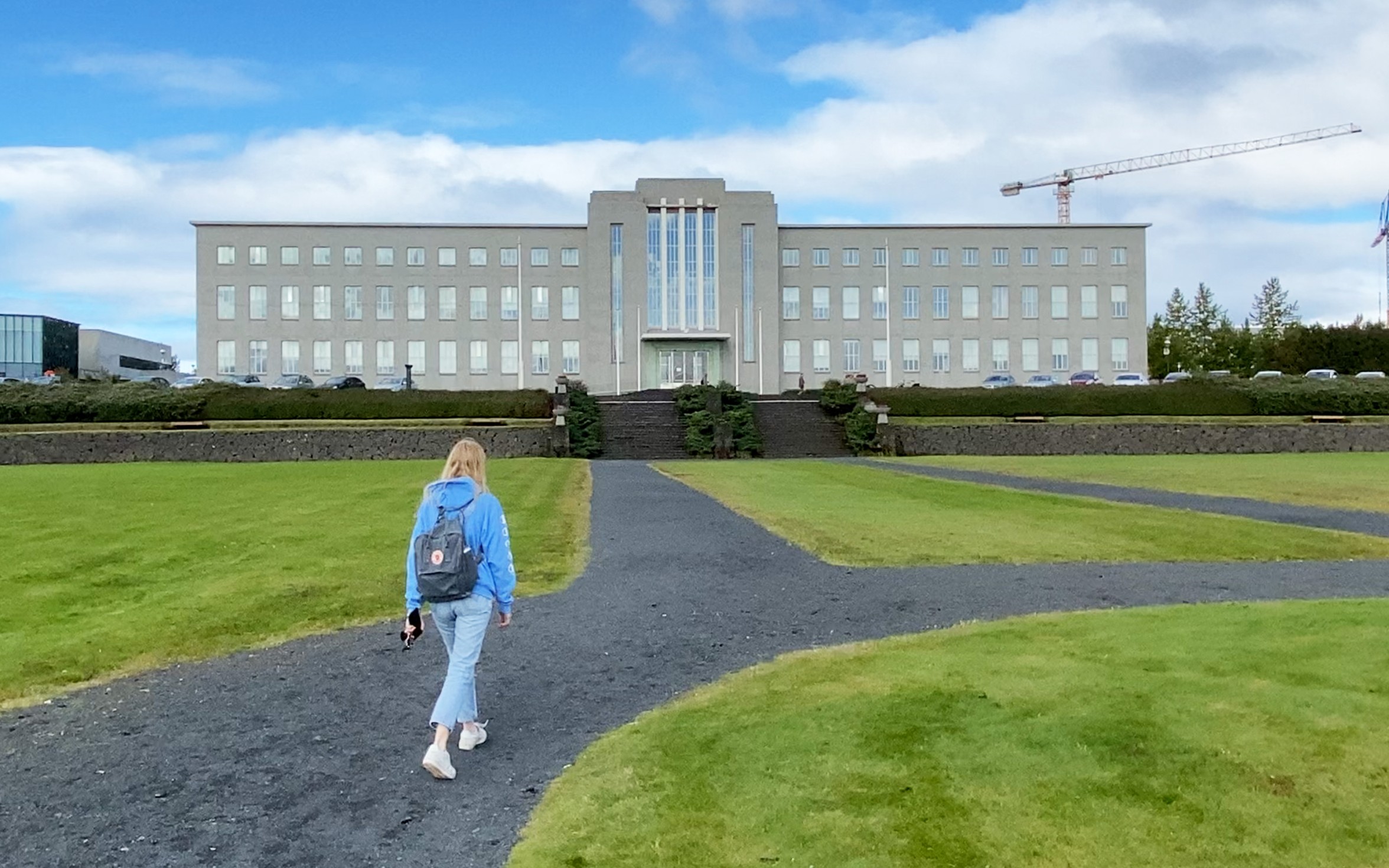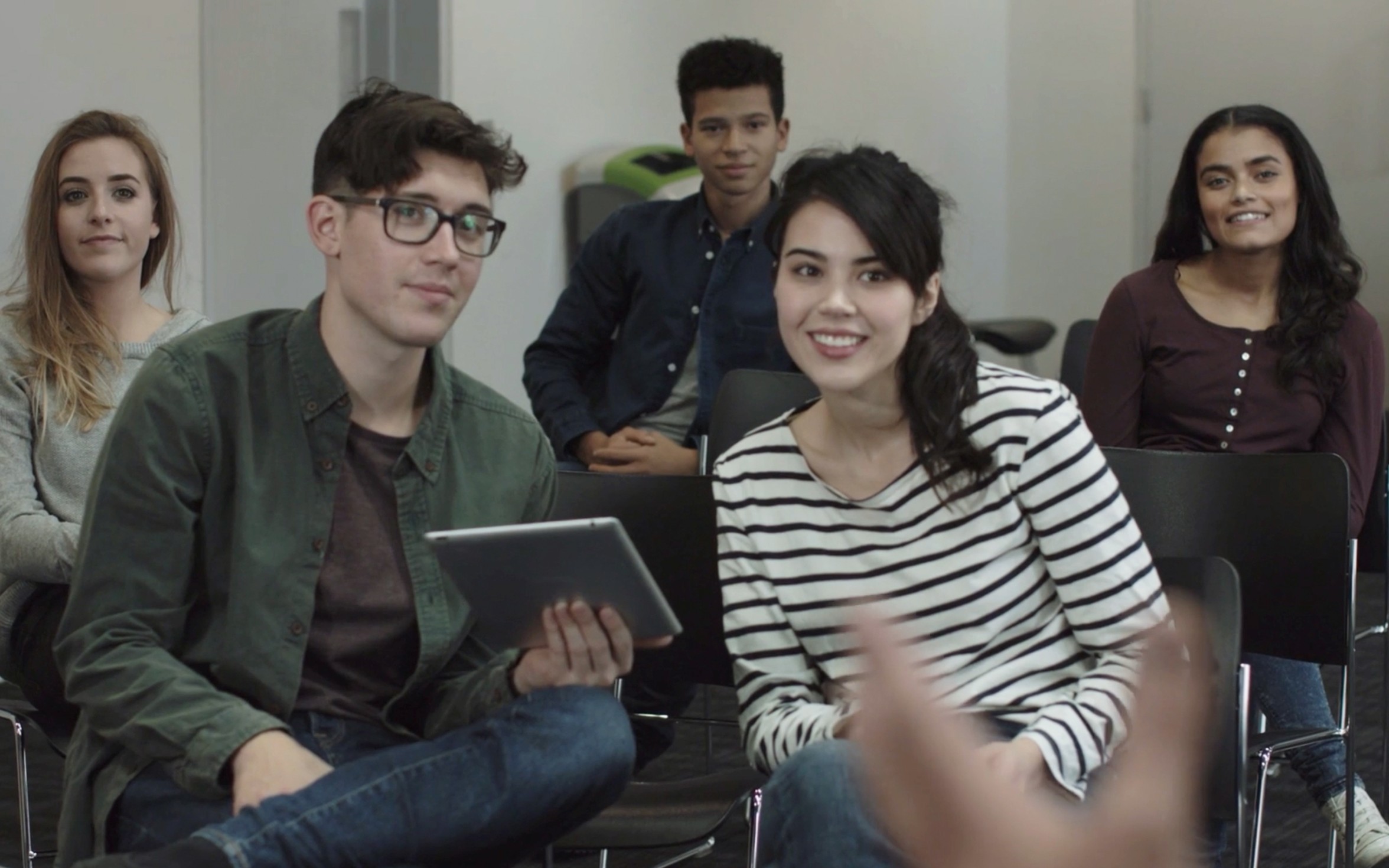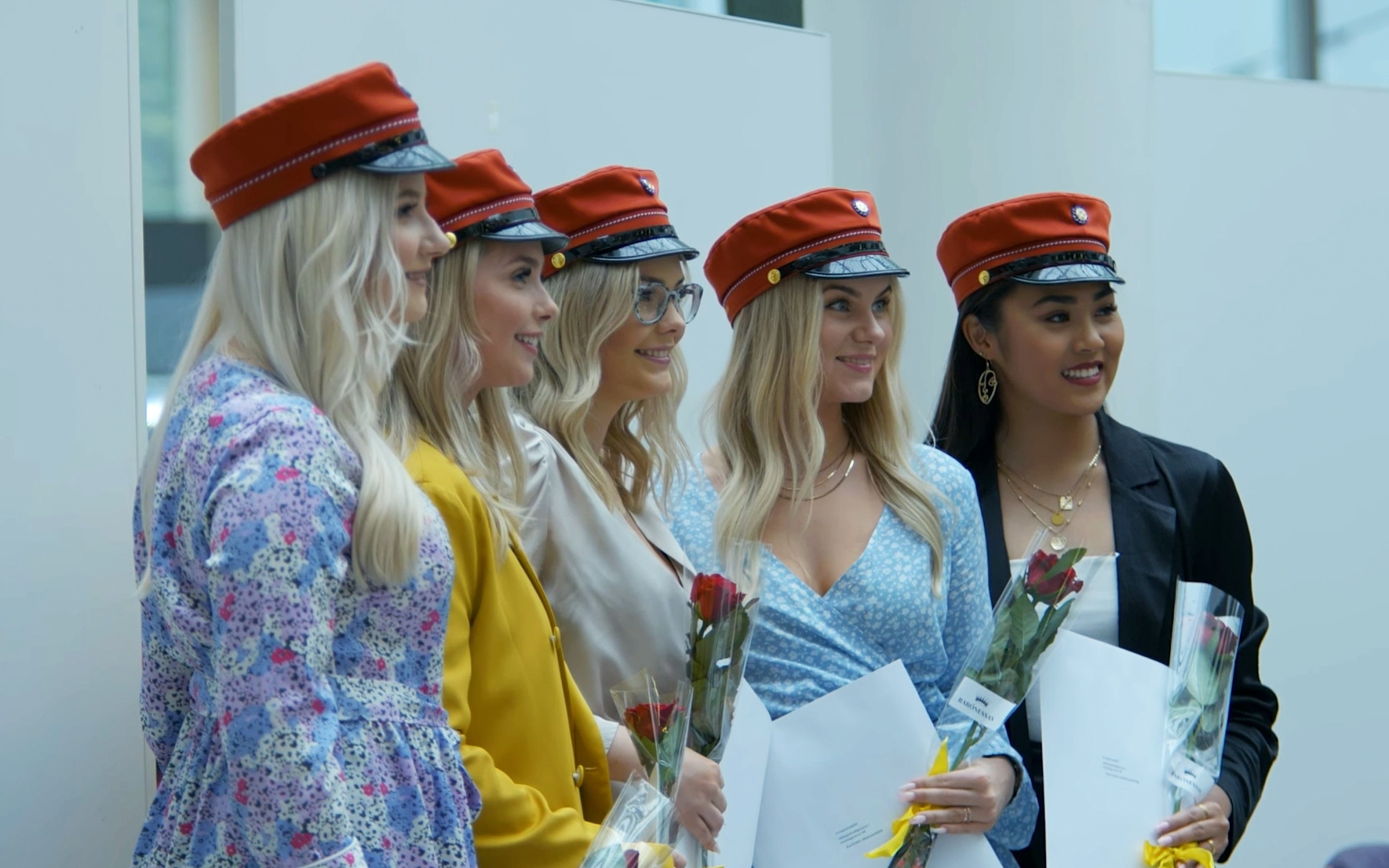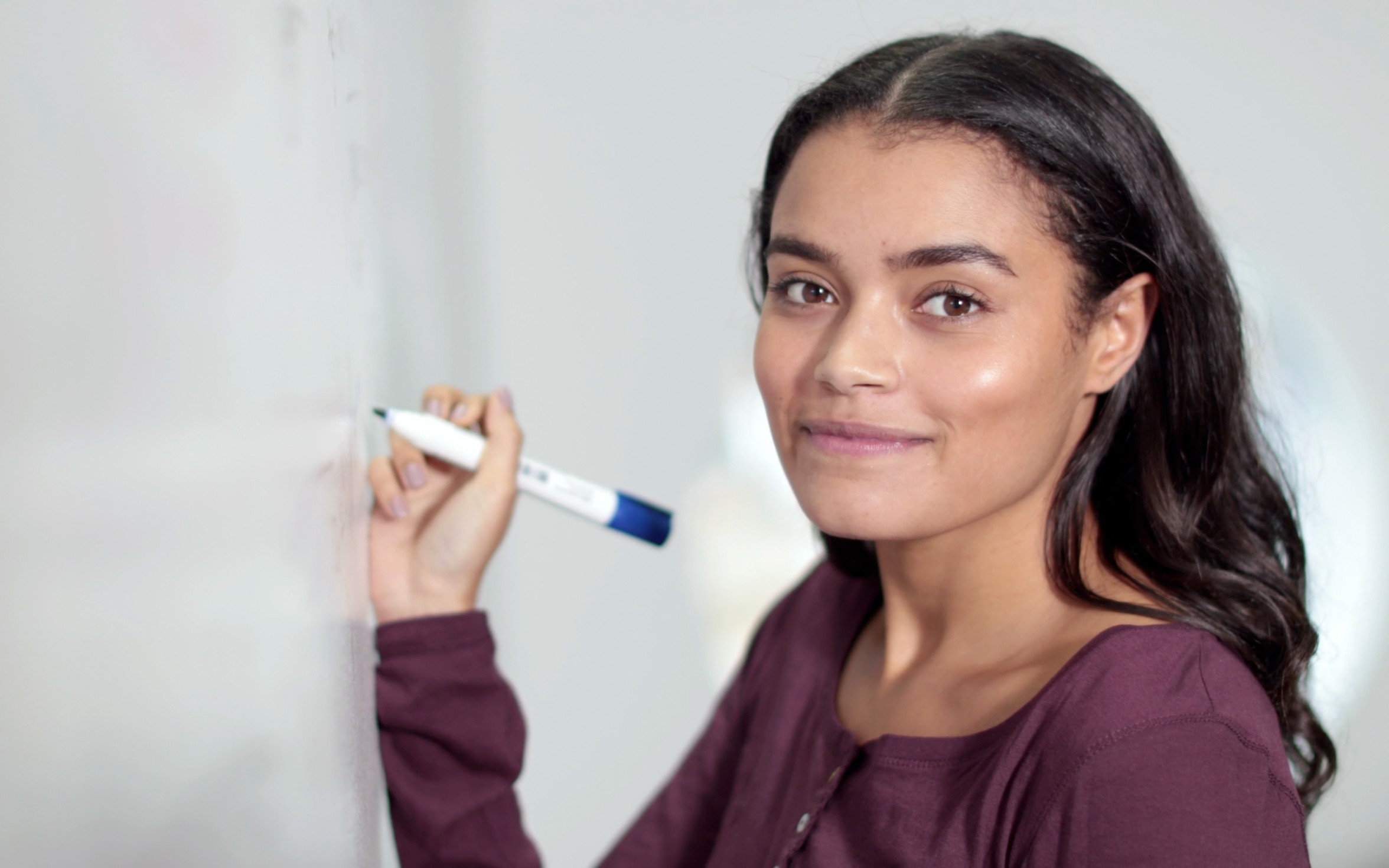Education & Skills
The Icelandic School System - Overview
- Kindergarten from 1 or 2 years old to 6 years old.
- Primary school from 6-16 years Compulsory Education.
- Secondary school from 16-19 years old (and older). Teenagers aged 16-18 have a right to attend secondary school.
- In secondary school, people study for their matriculation examination or vocational studies.
- University or specialised schools.
- Continued education for adults.
Kindergarden
- Kindergarten is the first educational level. Most children in Iceland start attending kindergarten at the age of 1-2 years old, but it's not compulsory.
- Kindergartens are either private or run by the municipalities.
- It is necessary to apply for a place at a kindergarten and sometimes there's a waiting list.
- Children who speak Icelandic as a second language have priority.
- Most children attend their local kindergarten.
- Kindergarten is not free of charge. Parents share the cost with the municipalities. There is a discount if parents have more than one child at the same kindergarten.
- Children get a hot meal at lunchtime. They also get fruit, bread and toppings throughout the day.
- Children aged 1-3 nap during the day and get mattresses, pillows and blankets.
- The children play outdoors every day. Even if it's raining or snowing. They should own rain gear, rain boots, a snowsuit, snow boots, a hat and mittens.
- The children are supervised carefully, both indoors and outdoors.
- Being outdoors is fun and refreshing and if the children are properly dressed, they won't get cold.
What Do Children Do at Kindergarten?
- There is a daily schedule at kindergartens, and certain constants in the work.
- Among activities at all kindergartens are:
- Working with language skill stimulation with the children and laying the foundation of literacy skills and all education.
- Singing with the children and teaching them many songs.
- Reading to the children and letting them look at books.
- The children do arts and crafts and take part in diverse creative projects.
- The children play, both indoors and outdoors (in a special outdoors area with safe playground equipment).
- The children occasionally go on field trips with their teachers. They always wear highly visible safety vests on those occasions.
Kindergarten - Continued
- Parents are invited to parent-teacher meetings with a kindergarten teacher. There they go over the child's development and how the child is faring at the kindergarten.
- Children at kindergarten undergo developmental assessments and phonological awareness assessments.
- Children with disabilities receive training and support from a developmental therapist or special needs teacher.
- Kindergarten work is based on the Icelandic National Curriculum Guide for Kindergartens based on legislation for that educational level. Each kindergarten also publishes a plan of operation. www.stjornarradid.is/verkefni/menntamal/namskrar/
- The work done with children in kindergartens is professional and diverse.
- Children of foreign origin receive a foundation and training in Icelandic that is necessary for a good start to their schooling.
- Children practice a lot of things at kindergarten:
- There is systematic work done with language skill stimulation and their language development.
- They practice teamwork and consideration towards each other.
- They become more independent.
- They are better prepared to begin their schooling.
Primary School - General information
- There is 10-year compulsory schooling in Iceland.
- Children start school the year they turn 6 years old. They start in first grade.
- Children finish compulsory schooling the year they turn 16 years old, when they're in tenth grade.
- School from 1st-10th grade is called primary school.
- All children have a right to attend school and parents have an obligation, according to law, to have their children attend school.
- Parents have to apply for holidays for their children and report illness.
- The Ministry of Education, Science and Culture publishes the Icelandic National Curriculum Guide for Compulsory Schools on the basis of legislation for that educational level. www.stjornarradid.is/verkefni/menntamal/namskrar/
Primary school
- All children have the right to individualised education and special needs education if they need it.
- Children participate in all subjects, for example both girls and boys participate in wood shop, home economics, swimming and physical education.
- Physical education is taught every year of primary school. Children take a swim test in 9th grade.
- Parents are not allowed to keep their children at home even if they (the parents) object to some of the subjects.
- All children automatically move up a grade after the summer holidays in the fall. In that context, academic performance is not important.
Subjects
- In a democratic society, the residents of the country must have both general knowledge and be able to think independently.
- Schools are responsible for providing children with general education and train independent work methods and critical thinking.
- Individuals are assessed on their need for specialised classes in Icelandic as a second language or support in their general studies, and adapted study plans are made for academic subjects if necessary.
- Assistance with homework can also be applied for at the school.
- There are multiple subjects taught at schools, for example:
- Icelandic, reading, writing, foreign languages, math, natural sciences, social studies, sex education, life skills, computer science, physical education, crafts, art, wood shop, home economics, music and swimming.
Study Assessment
- Assessment of academic achievement is entered into the Mentor system www.infomentor.is - Assessment scale:
- Outstanding
- Proficient
- On the right track
- Needs practice
- Not proficient
- Parents are encouraged to get detailed explanations of the criteria for assessment for different subjects from teachers.
- Progress is assessed on an individual basis and it's good to keep that in mind for parent-teacher meetings.
- Occasionally, teenagers must take preparatory classes in some subjects when they start secondary school, even if they have completed primary school in Iceland.





